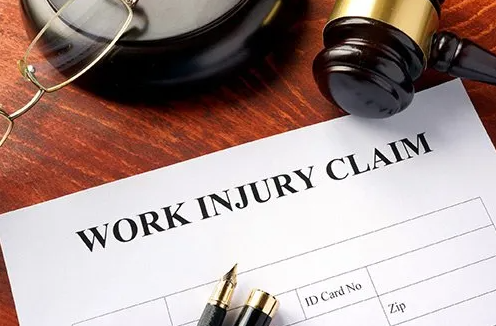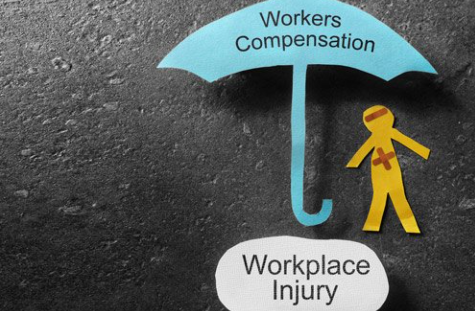5 REASONS YOU NEED TO REPORT WORKPLACE INJURIES RIGHT AWAY
Admin • April 28, 2020
If you suffer an injury at work, you should report the injury to your employer as soon as possible. But what if the injury doesn't seem serious? What if you are worried about your boss's reaction? Do you really need to report all injuries? The answer is yes.
For your protection and the safety of your fellow employees, you should report all injuries, regardless of their severity. Keep reading to learn why this is so important.
1. Minor Injuries Can Get Substantially Worse
The symptoms of some injuries don't present themselves right away. To explain, imagine you pick up a heavy box at work. You twinge your back a bit, but the pain doesn't seem too bad so you don't let anyone know. However, a few days later, the pain gets a lot worse.
This is a common scenario with back and neck injuries, as well as other types of injuries. For instance, concussions don't always present all their symptoms right away. In other cases, you may get a burst of adrenaline during a workplace accident that blocks your ability to feel pain.
2. Reporting the Injury Creates a Paper Trail
When you report big or small injuries, you create a paper trail. If your injury gets worse or needs treatment, you have already created a link between your job and the injury. This link can help to streamline the workers' comp claim process.
If your employer wants to argue that the injury didn't occur due to your job, they will have a harder time making that argument. In contrast, if you don't report your injury right away, your employer's argument against your claim may be more likely to be successful.
3. You Don't Want to Miss the Reporting Deadline
In California, you typically need to report work injuries within 30 days of when they happen. If you don't make a report by this deadline, your claim may be compromised, and you may not receive the full extent of your benefits.
However, there are exceptions to the rule, and if you work with a workers' compensation attorney, they can help you establish that you couldn't meet the deadline due to an issue such as the following:
- You were quarantined and couldn't report the injury.
- You were incapacitated.
- Your employer knew about the injury (for example, they witnessed the injury), and they told you not to make a report.
- You didn't know about workers' comp because your employer was not displaying the right materials at your place of work.
- Your employer wasn't harmed by your late report.
4. There Is a Statute of Limitations
Not to be confused with the reporting deadline, the statute of limitations also limits how long you have to report injuries and make a workers' compensation claim. Typically, in California, you need to apply for workers' compensation within one year of the date of the injury.
If you're applying on behalf of someone who died as a result of a work-related injury, you also have a year from the date of injury. If you develop a new and further disability, you have five years. This refers to situations where a temporary disability returns, a temporary disability changes to a permanent disability, your disability gets worse in other ways, or you develop a new need for medical care.
5. Reporting Injuries Helps Keep Other Workers Safe
Finally, reporting your injuries can also help you to keep other workers safe. For instance, if you get hurt on a piece of machinery, your boss may replace the machinery when they hear about your injury. In that same vein, your employer may change workflows, post new safety signage, or take other steps to keep people safe.
If you're injured on the job, you have rights. To get help dealing with your employer and navigating your workers' comp claim, contact us today. At the Law Offices of Jeffrey M. Greenberg, we have over 30 years of experience, and we'd love to represent you.
Construction injuries can often be serious. Learn about three ways construction workers can reduce their chances of injury on the job.
If you are injured at work, you should be aware of work capacity after a work-related injury so you can prepare yourself. Learn more.







